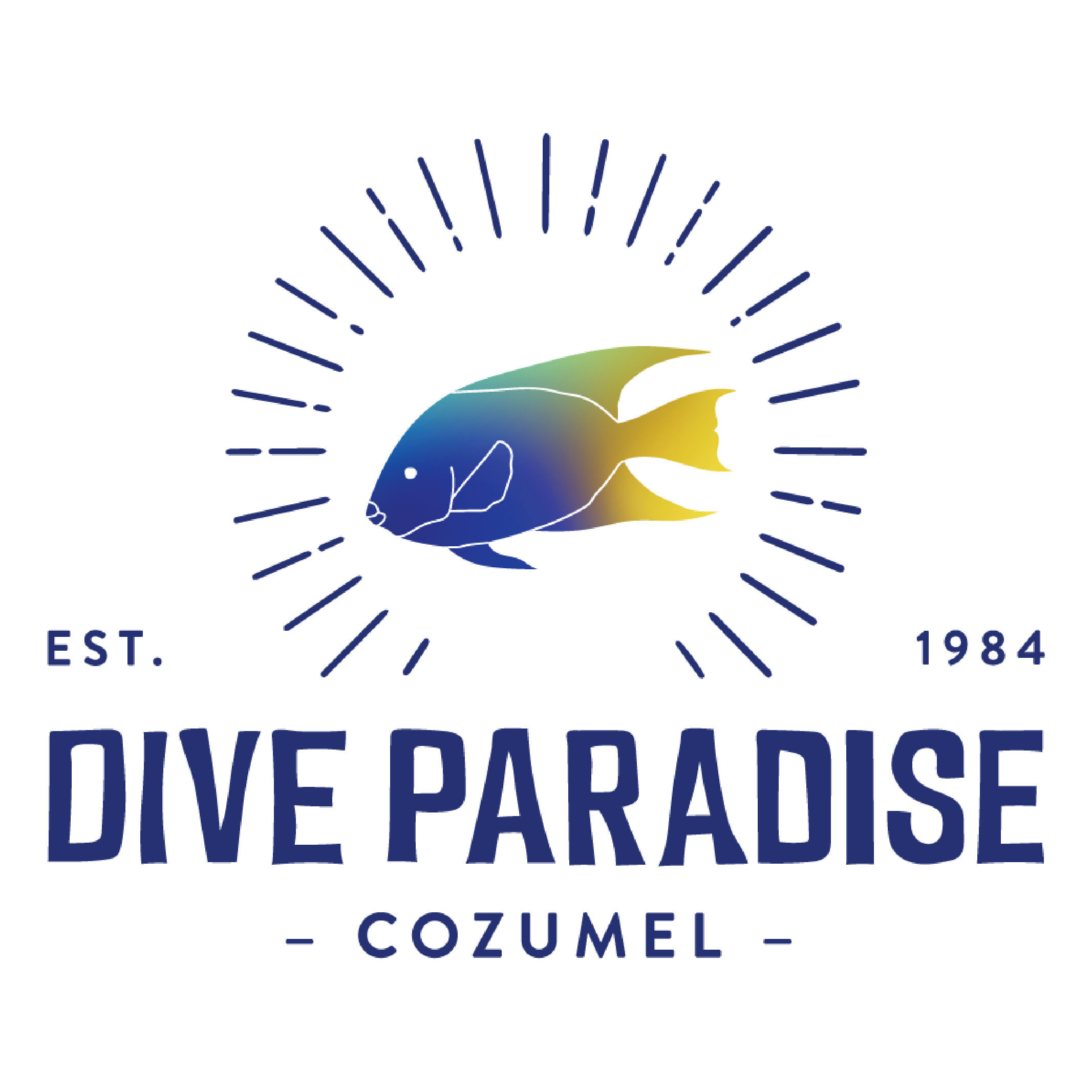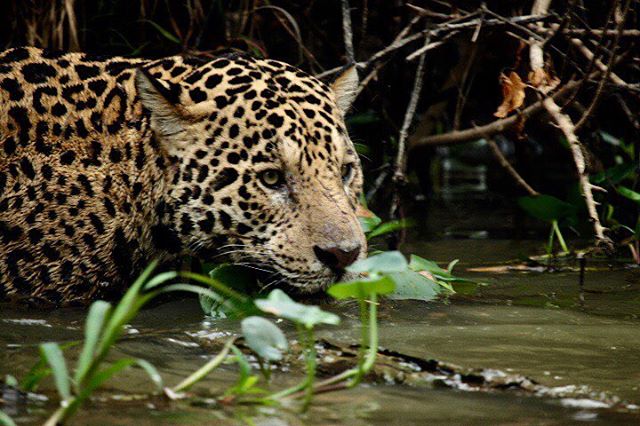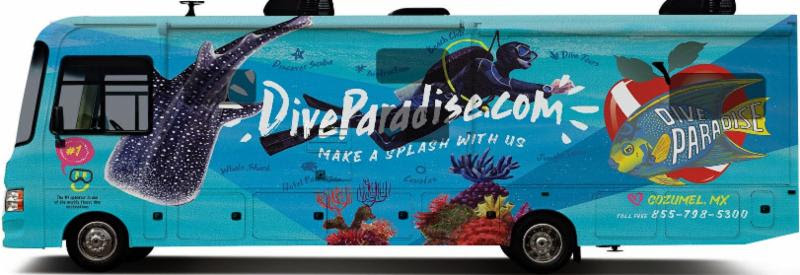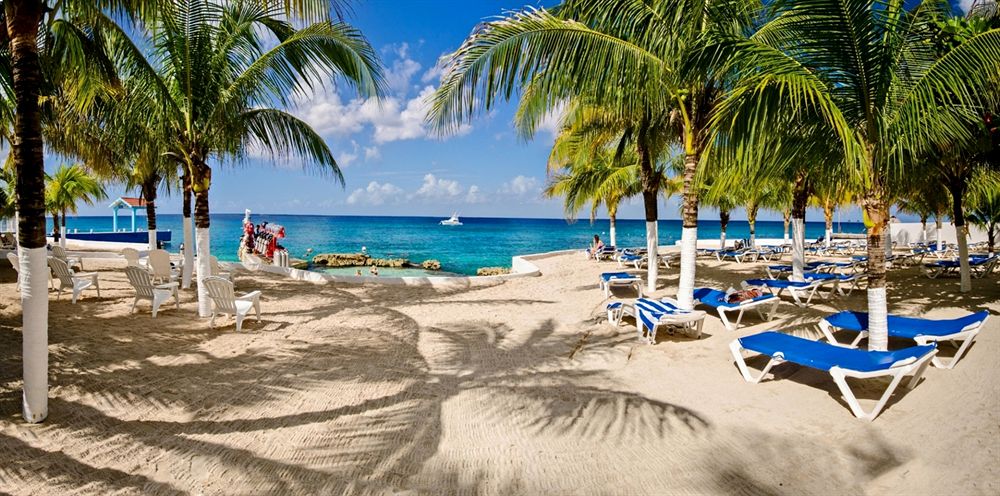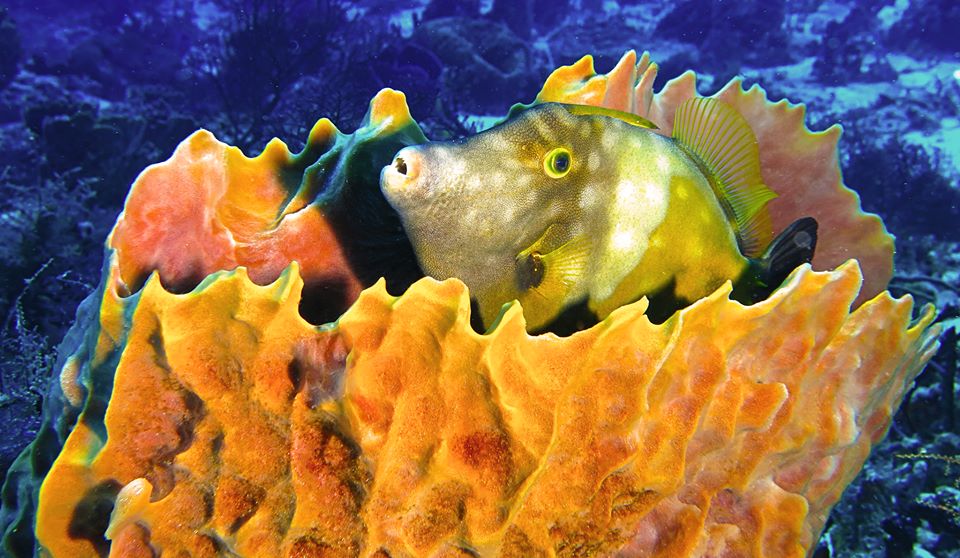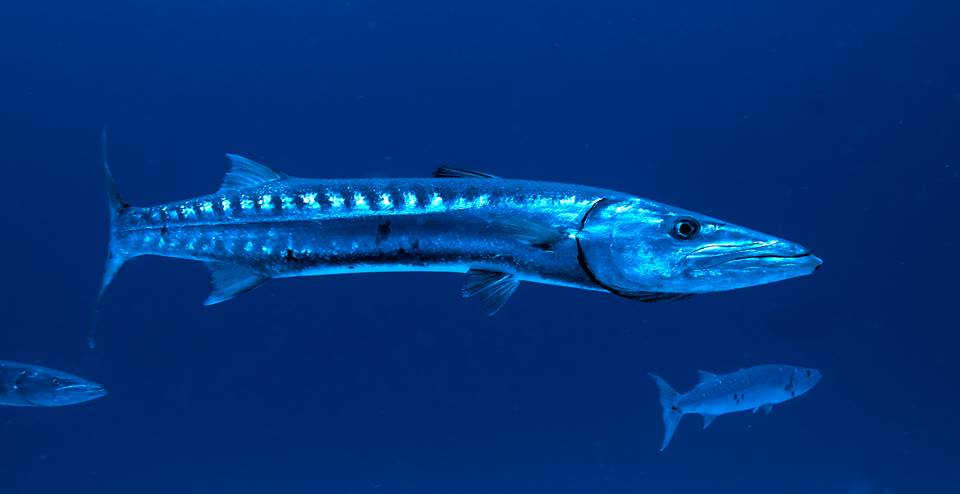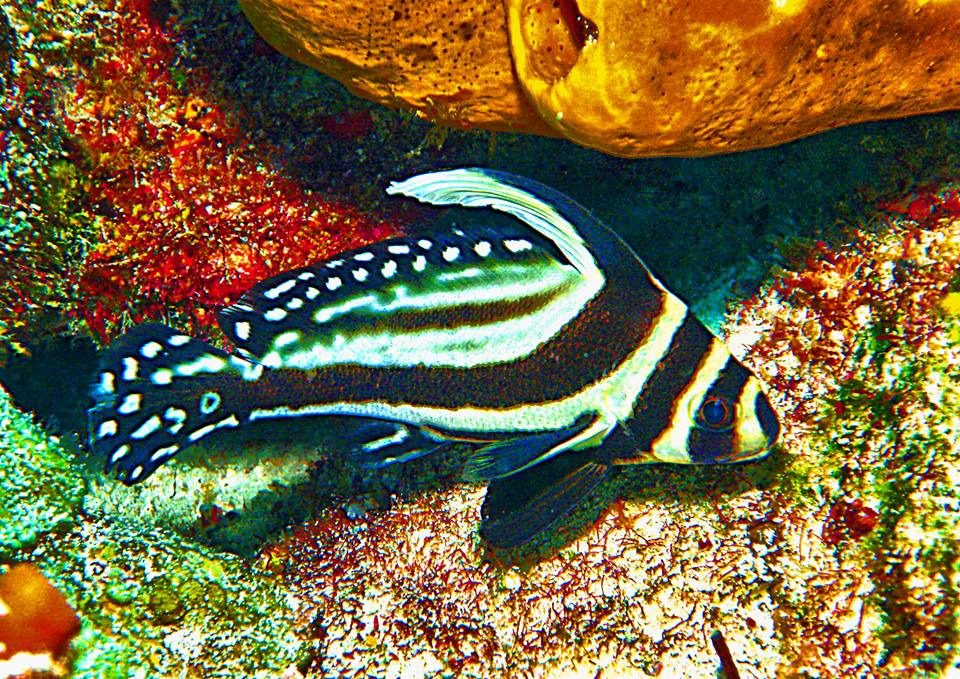Program Sponsorship Contributes to Jaguar Conservation Initiatives
This month Dive Paradise is sponsoring Panthera Mexico’s “Mes Del Jaguar” by donating a percentage of all dive bookings made during November to the program. Through this sponsorship, we hope to augment Panthera Mexico’s established conservation initiatives to ensure long-term survival of the jaguar, which is a central figure in Mexican culture.
“We take conservation seriously at Dive Paradise. Whether it’s protecting threatened jaguar populations in Mexico or safeguarding our marine environment, we believe it is critical for us to support organizations that are making a difference,” states Michael Penwarden, CEO of Dive Paradise, Inc. “Environmental stewardship is a shared responsibility and we are proud to commit a portion of our resources to Panthera Mexico. Further, it allows us to provide our customers with meaningful vacation experiences beyond diving by introducing them to another aspect of Mexico’s rich culture and natural habitat.”
Dive bookings can be made in advance or at all four Dive Paradise locations on island throughout November in support of Panthera Mexico’s “Mes del Jaguar.” For those who wish to make a donation directly online, the DONATE button on Dive Paradise’s website will be linked to Panthera Mexico’s donor’s page for easy transactions.
“We are grateful to Dive Paradise for their support, as a leader in both the dive industry and in regional environmental stewardship. We believe that together we can raise awareness and make Jaguar Month a powerful tradition nationwide.” said Diana Friedeberg, Mexico County Director for Panthera Mexico.
Panthera Mexico created the “Mes del Jaguar” as part of their work to protect the country’s threatened jaguar population. For the first time ever, the month of November will be dedicated to celebrating, educating and promoting Jaguar Culture in all its forms through a series of events taking place November 3-30, 2018; people can register for events also taking place in Mexico City and Cancun. All contributions to Panthera Mexico will directly support in-country jaguar conservation initiatives.
About Panthera Mexico
Panthera, founded in 2006, is devoted exclusively to preserving wild cats and their critical role in the world’s ecosystems. Panthera’s team of leading biologists, law enforcement experts and wild cat advocates develop innovative strategies based on the best available science to protect cheetahs, jaguars, leopards, lions, pumas, snow leopards and tigers and their vast landscapes. In 50 countries around the world, Panthera works with a wide variety of stakeholders to reduce or eliminate the most pressing threats to wild cats—securing their future, and ours. Panthera Mexico is an established Panthera jaguar conservation program in Mexico and serves as the fundraising arm to support in-country jaguar conservation initiatives. For more information visit:
